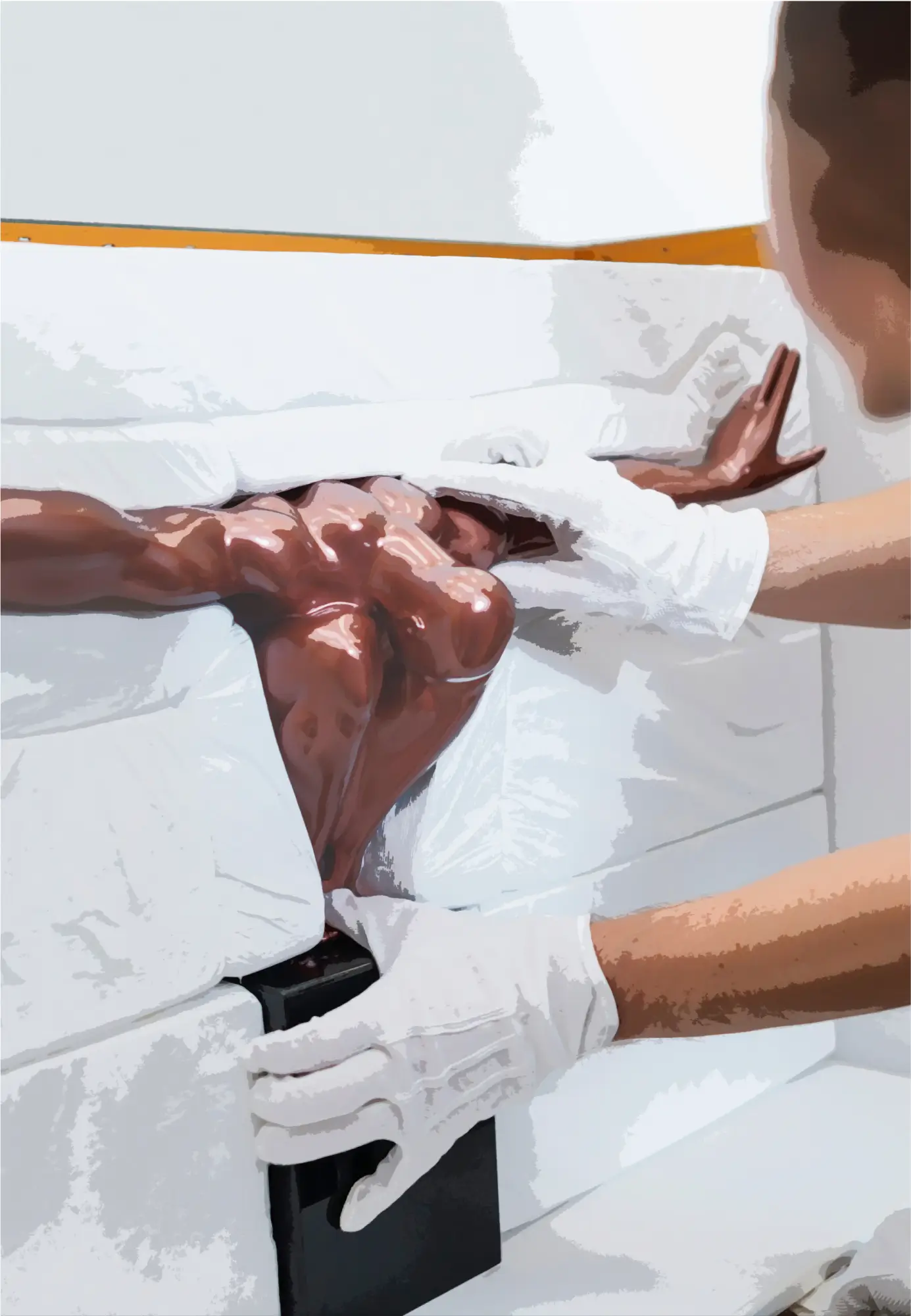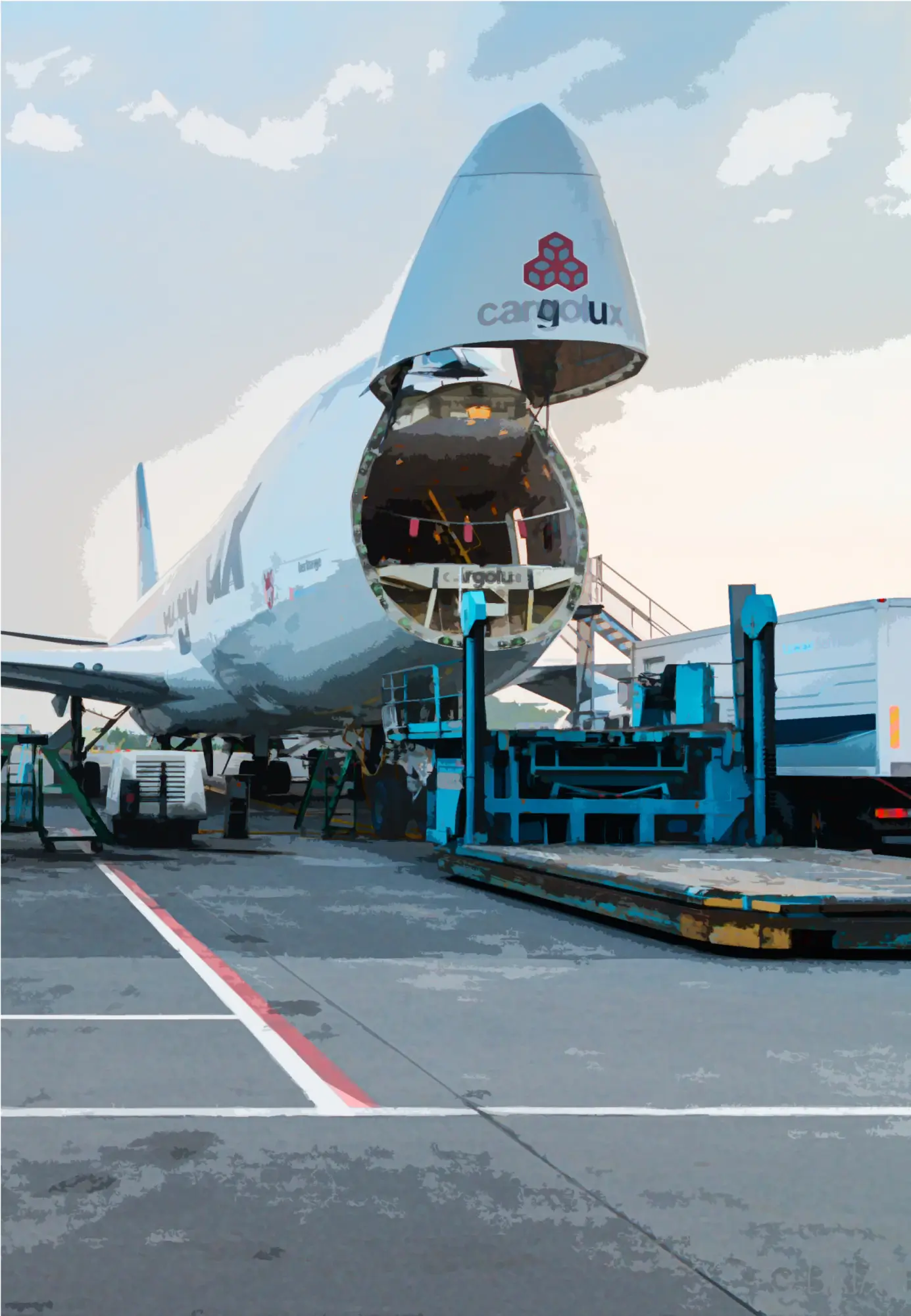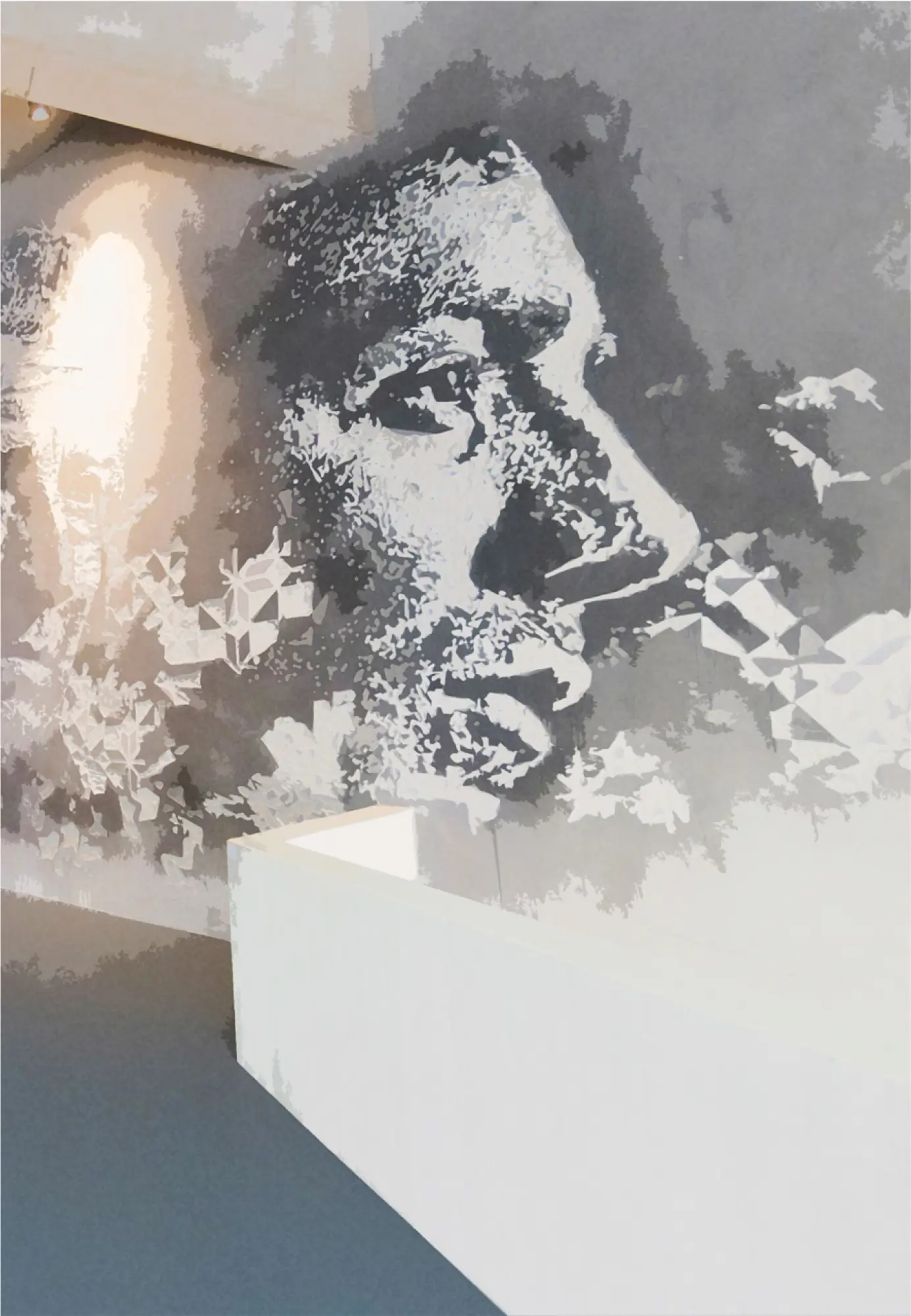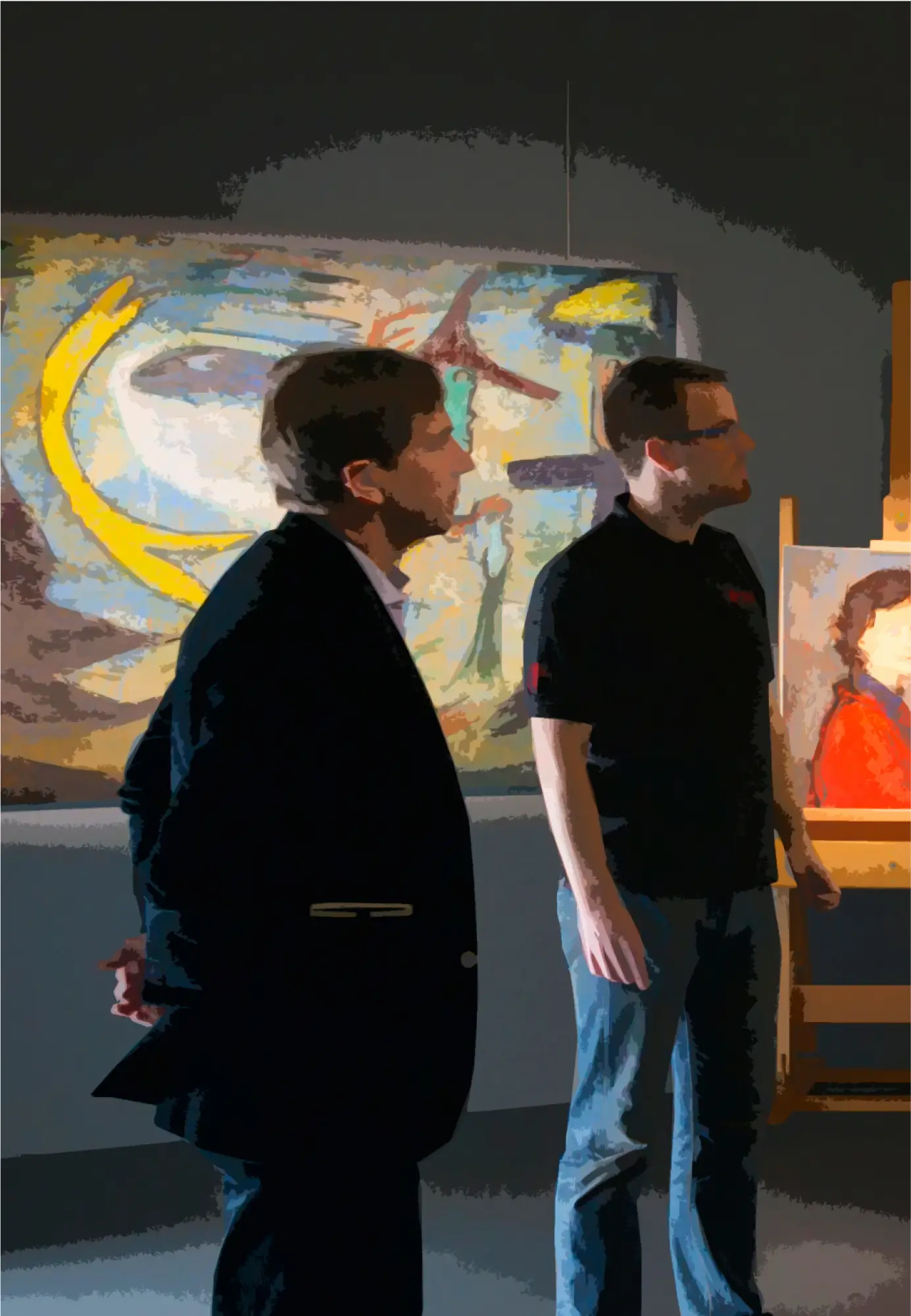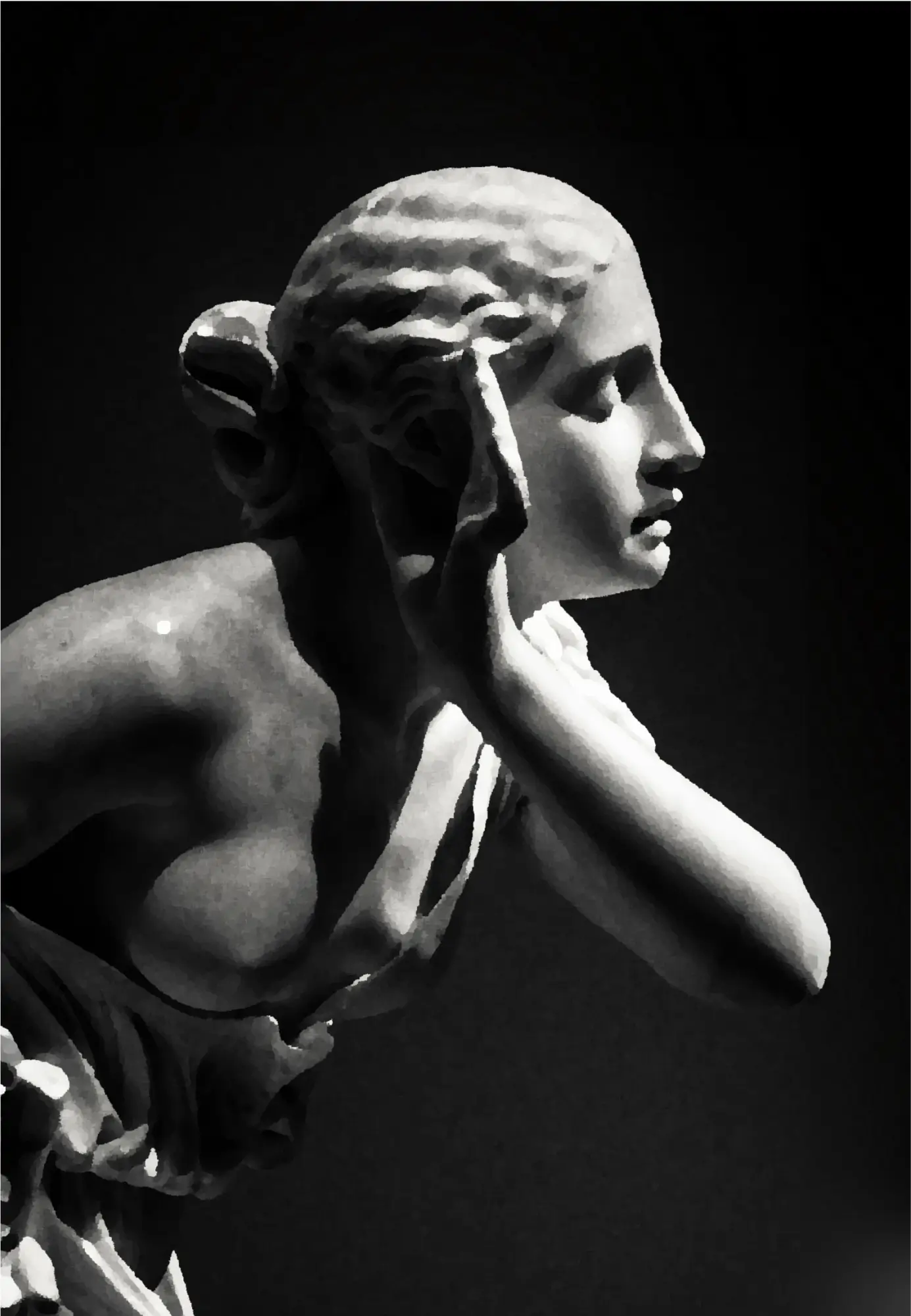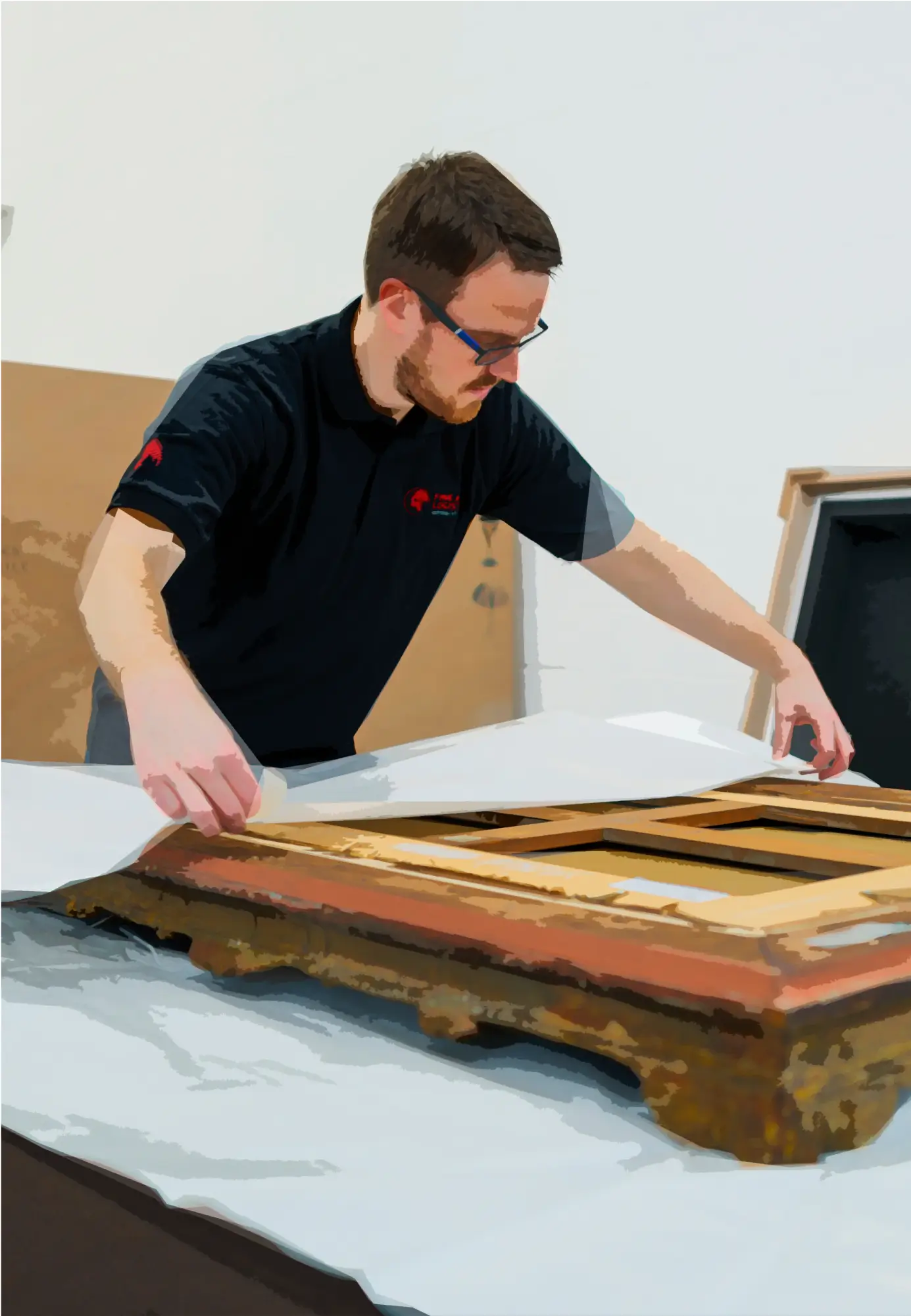Germany adopts a new law on the protection of cultural goods, joining it main European neighbors.
The German government has officially adopted the amendment to its law on the protection of cultural goods (“Kulturgutschutzgesetz” – KGSG) on 5 August 2016 . The new law took effect one day later on 6 August 2016. Germany put forward two main reasons to enact new rules for the protection of cultural goods. The first is to strengthen the controls of imports of cultural goods to “stop the illegal trafficking of antiquities, especially those coming from countries plagued by war or internal conflict”. The second reason is to improve the control of exports of cultural goods, with the aim of keeping „national treasures“ and other goods with a defining value for the German cultural identity from leaving the country. The amended law enables Germany to strengthen the protection of cultural goods, joining its main European neighbors that already enacted similar laws. Of the 28 EU member states, 27 states including Germany now have rules governing the exchange of cultural goods with other member states, much like the United Kingdom and France who own the biggest share of the European market for cultural goods.
Since 6 August 2016, any work of art that is considered a „national treasure“, independent of its age or value, can only leave Germany temporarily and requires an authorization for export. The exporter needs to request this authorization from the authorities in the “Bundesland” (federal state) where the artwork is stored or on display. If a “national treasure” has to be exported permanently, the export authorization can only be delivered by the “Bundeskulturministerium” (Federal Ministry of Culture) in exceptional cases. The artwork then loses its quality as “national treasure”. A potential buyer should therefore check before any purchase in Germany if the desired artwork qualifies as “national treasure”. If this is not the case, the potential buyer can further request a “Negativattest” as written negative proof. Further to the restrictions for the export of cultural goods to third countries according to Council Regulation (EC) No 116/2009, the new German law now also specifies age and value thresholds for the export of cultural goods to other EU member states. For example a painting that is older than 75 years and worth more than 300.000 Euro now requires an export license to send it to another member state.(see §24 paragraph 2 KGSG).
Before shipping artworks to Germany, for example as a loan to a museum, to have it restored or analysed, the lender should make sure that the artwork can be re-exported from Germany. The competent authorities can issue a “Negativtest” for this purpose, a written confirmation that the loan will not be qualified as “national treasure” and therefore will not be subject to export restrictions, as well as a legally binding return guarantee.
In Luxemburg, article 6 of the law of 21 March 1966 on the protection of the movable cultural heritage states that any export of objects that are older than 100 years and whose creator died more than 50 years ago requires an export license. Excluded are all works of art not produced in Luxembourg whose creator is not of Luxemburgish origin or that were brought to Luxembourg less than 100 years ago, unless they come from territories that were part of the former Duchy of Luxembourg.
Claude Herrmann – Executive Manager
Fine Art Logistics Natural Le Coultre, Luxembourg
In collaboration with Dr. Astrid Lilja (art+economy, Berlin)

Dr. Astrid Lilja
is both an engineer and a fashion designer by education and holds a PhD in Economics.
In 1997 she launched her own company art+economy in Berlin. Working at the intersection of Economics and Culture, she consults with companies and cultural institutions in the areas of Public Relations, strategic partnerships, CSR and Compliance.
Between 1996 and 2014 she taught at various universities, on the subject of Finance in companies and culture. During her studies between 1985 and 1996 she also participated in several TV and radio productions.
She inherited her passion for cultural matters, so it was only logical for her to work in the fields of Economics and culture. Dr. Astrid Lilja lives in Berlin and works internationally.
